
A new study from the NIMH shows that next-generation treatments for schizophrenia might not be any better than older, first generation drugs-and in some cases might be worst.

A new study from the NIMH shows that next-generation treatments for schizophrenia might not be any better than older, first generation drugs-and in some cases might be worst.

A new study shows that while the combo drug decreases the chance of coronary artery disease, it doesn't work as well in slowing down aortic valve disease. So why is all the focus on cancer deaths?

The Belgium-based drug maker is terminating 2,000 jobs and rebranding itself as a biopharm with a focus on CNS and immunology drugs. Pharm Exec gave UCB a call to find out more.

Pharm Exec's 7th annual review of the top companies. We slice and dice the numbers to see who's the best a what. (pdf)
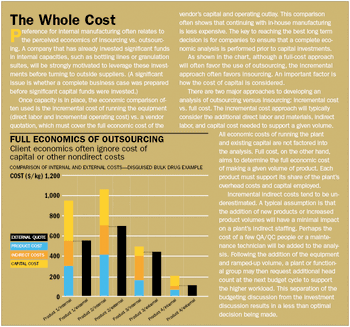
Outsourcing saves money-except when it doesn't. Here's how to decide what to do.

The case for preemption gets shot down in Texas, but holds up in yet another Medtronic suit in Minnesota.

Margaret McGlynn, Merck's head of vaccines, expounded yesterday on the state of the company's vaccine program, including campaign strategies, product development, and a new reimbursement program for doctors.

A new study reports that more than 27 percent of Americans are not being treated for HIV because they fear adverse reactions to the drugs. Pharm Exec talked to the doctors in charge of the survey to learn more.

The industry is a-changing. Here are eight seminal events that describe how.
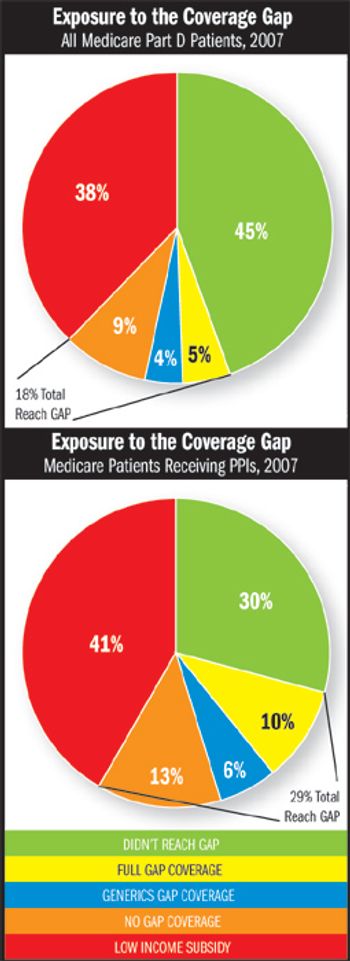
An answer to your question: What does the Part D coverage gap do to drug sales?

A new global CEO study examines what near- and long-term changes pharma leaders expect to face and in what areas they are planning to focus their attention. Key focus areas: global business design and new markets.

A look at some of the court cases that could actually change the pharma playing field
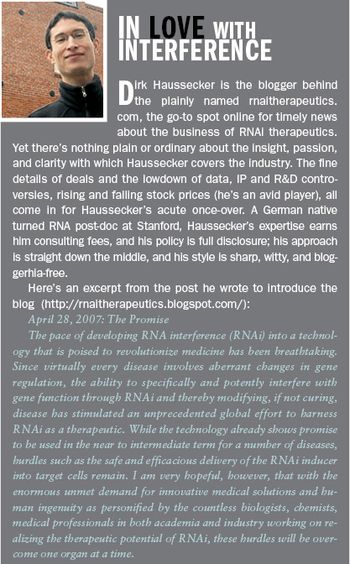
Could gene silencing be the next great innovation in drug development? Some biotechs are betting on it.

Merck bolsters vaccine making division with the addition of 400 new employees to fill its new manufacturing plant.

French drugmaker to cut 800 jobs, joining the long list of companies restructuring to make ends meet.
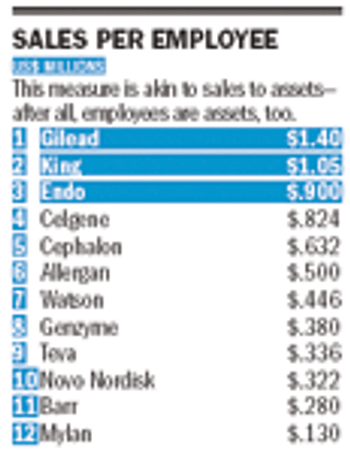
Second annual Not Big Pharma audit gives equal time to the little guys. Who's got the Midas touch?

In a win-win situation for both companies, Merck gets access to one of the hottest generics firms in the world while Ranbaxy gets a chance to hang with the big boys.

Marketers and sales reps feel the brunt of faltering Procrit sales as J&J consolidates its biologics divisions.

Your guide to the world's top 50 pharma companies. The giants may be struggling, but even in a tough year, the industry's most successful companies know how to hit the bullseye.
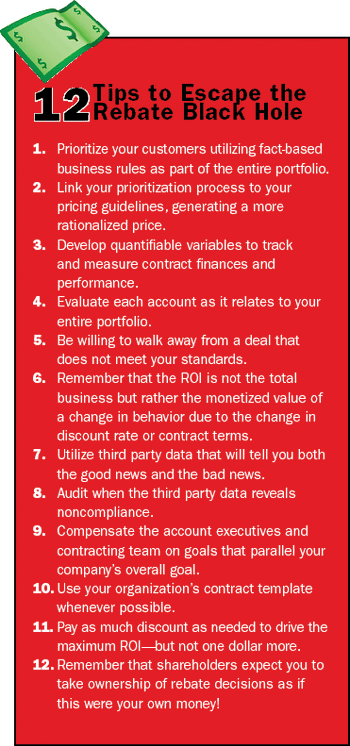
In these cost cutting times, no drugmaker can afford to keep shoveling money down the Rebate Black Hole. Here's how to optimize your ROI and push back against the growing pressure of third-party rebates
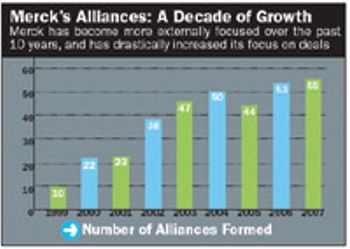
How do you find and license the best drugs out there? If you're Merck, you send scientists to go get 'em
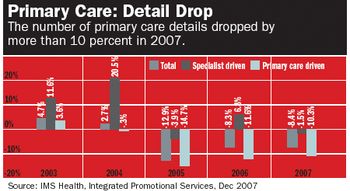
Promotional spending is down as companies rationalize and optimize budgets. But in contrast to big changes on the sales side, marketers are still trying to make the old model work
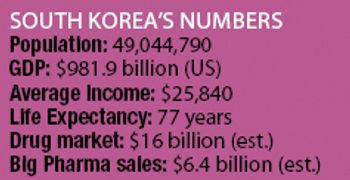
Meet the Korean pharma consumer: affluent, aging, and crazy about drugs
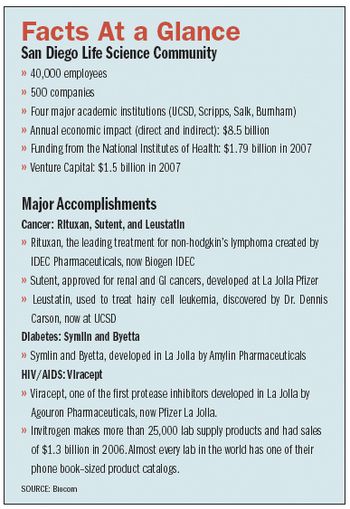
San Diego's booming biotech cluster searches for its future-and yours

Small biotech company is creating a buzz with a diabetes drug that incorporates a component found in red wine. Pharm Exec talks to Sirtris CEO Christoph Westphal about the merger and the battle against diseases of aging.